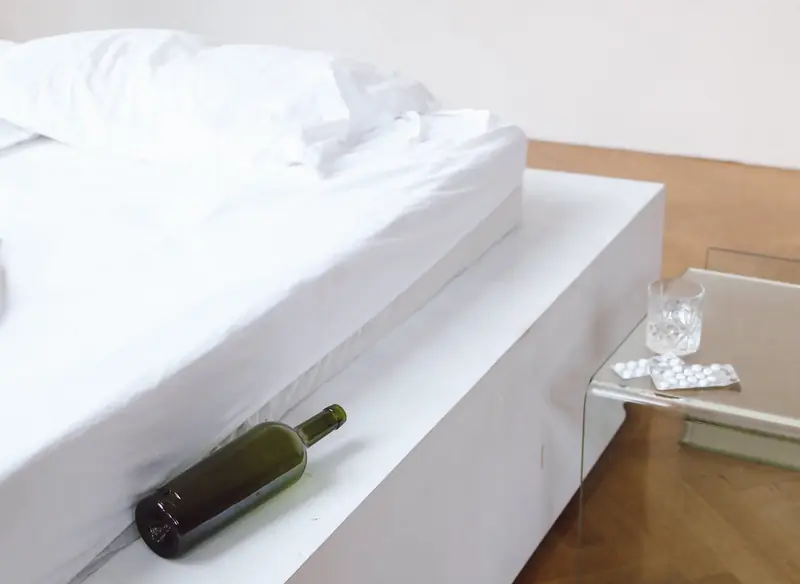
For many years, researchers have convinced us that a glass of strong drink is beneficial for falling asleep and achieving deep sleep. However, lifestyle experts and sleep specialists now consider this theory to be flawed.
First and foremost, consuming alcohol before bedtime—especially on a regular basis—can lead to insomnia, frequent awakenings during the night, sluggishness, snoring, dehydration, and migraines.
Drinking is also dangerous because it interrupts the rapid eye movement (REM) sleep phase. This phase, the deepest of the four stages we all go through each night, is vital for memory, learning, and creativity. It “provides rest and recovery for the brain,” noted Ian Hamilton, an addiction specialist at the University of York in the UK.
According to him, some individuals suffer from insomnia due to regular alcohol consumption. “While they may initially fall asleep, they then experience regular sleep disruptions that leave them feeling sluggish,” the expert pointed out.
Dr. Melissa Oldham from University College London (UCL) explains that the body metabolizes alcohol later than the time it takes to fall asleep. Once alcohol is absorbed into the bloodstream from the stomach and small intestine, it is slowly metabolized throughout the night. This results in individuals waking up more frequently and feeling tired the next morning.
Nightcap enthusiasts often wake up in the middle of the night due to thirst and the need to use the bathroom. Alcohol also causes them to sweat more, says Richard Piper from the British charity Alcohol Change UK.

Giving Up Nightly Drinking Can Help You Sleep Deeper and More Peacefully
Researchers advise those who consume alcoholic beverages to avoid drinking at least before bedtime. The body needs to process the alcohol before a person goes to sleep. Otherwise, the brain becomes accustomed to falling asleep with the help of alcohol and will expect another dose, which can actually harm sleep.
It may take some time to normalize sleep, as the brain doesn’t easily let go of such a habit. However, giving up nighttime drinking can lead to deeper and more peaceful sleep, asserts Mr. Piper.
New studies have shown that people who stopped consuming alcohol before bed experienced increased energy levels and sharper focus.
According to scientific data, the body takes about an hour to process just one serving of alcohol. Therefore, the more alcohol consumed, the longer it will take the body to metabolize it, as reported by the Daily Mail.
For example, processing three servings of wine or a pint of beer takes an average of about three hours. However, this time varies depending on how full a person was at the time of drinking, as well as their weight, age, and gender.
